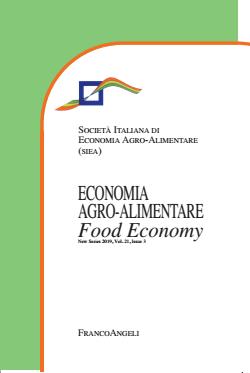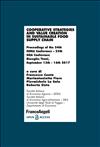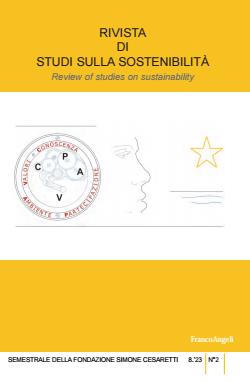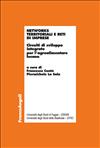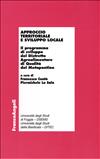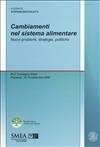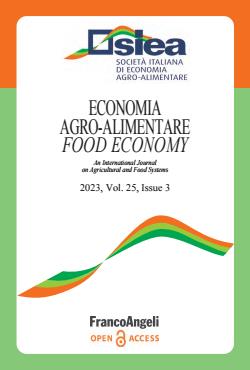
Apulia has a considerable demand of irrigation water, however high inefficiency levels of the collective water networks force most of the regional farms to use groundwater, with a consequent worsening of its quality, as well as of soil and crops characteristics. Therefore, the use of sustainable supply methodsfor irrigation water is desirable both through improvements of the collective networks and by appropriate economic tools.However, making the correct choices in these matters requires knowledge concerning the effects of the present water supply systems on the economic performance of farms.The objective of this study is to measure and compare the technical efficiency of winegrowing farms in northern Apulia that use different supply systems for irrigation water: groundwater from private wells, irrigation water from collective networks, and irrigation water from both private wells and collective networks. The results enable to understand if and how different supply systems of irrigation water affect the management of productive factors and inputs. These findings also provide useful information for appropriate policies aimed at preserving groundwater and its externalities, as well as at improving the economic performance of Apulian farms.
